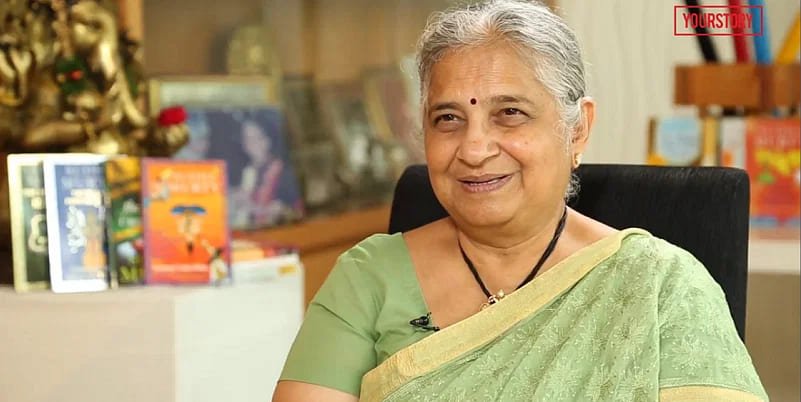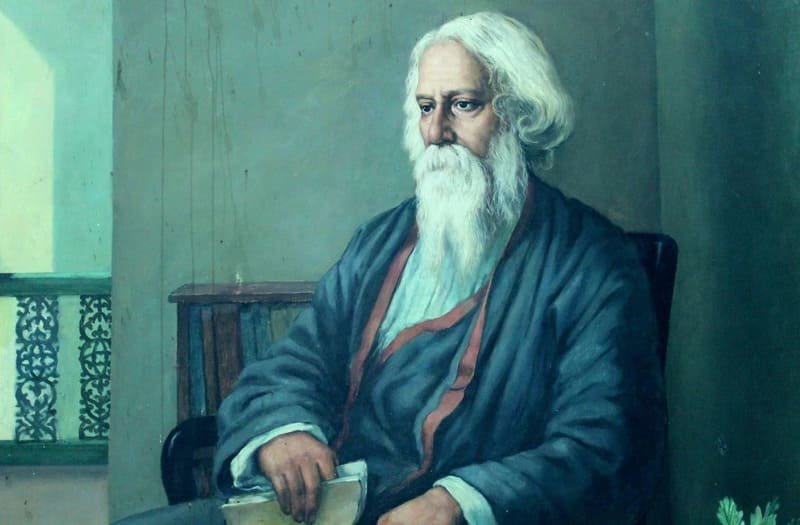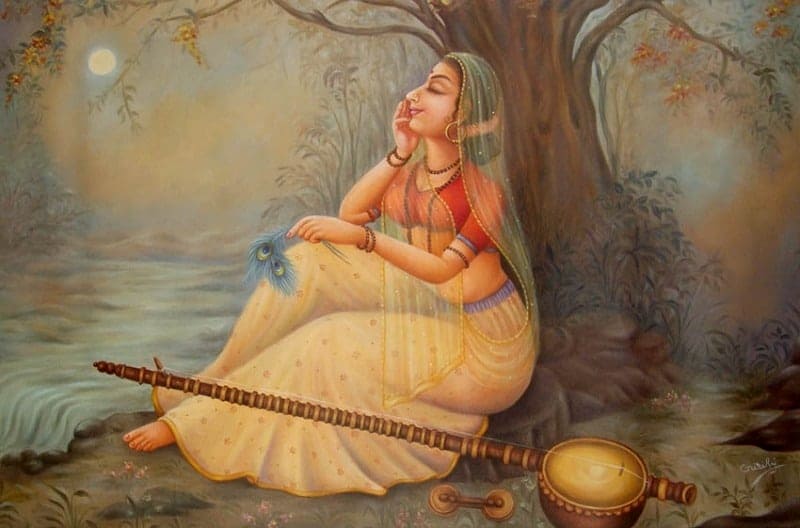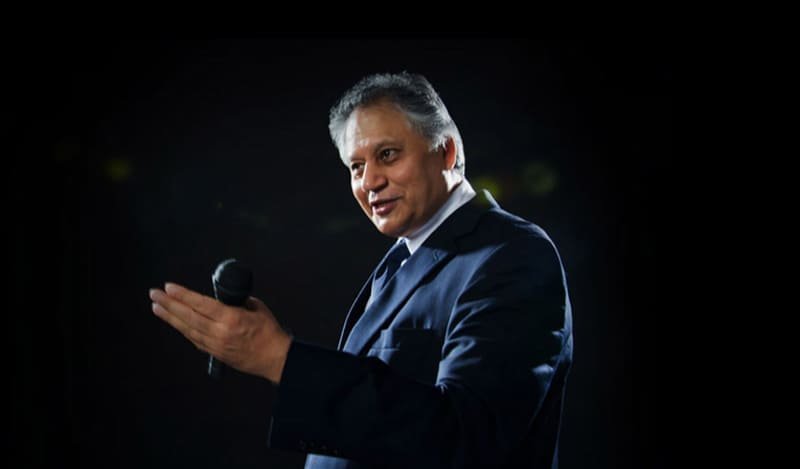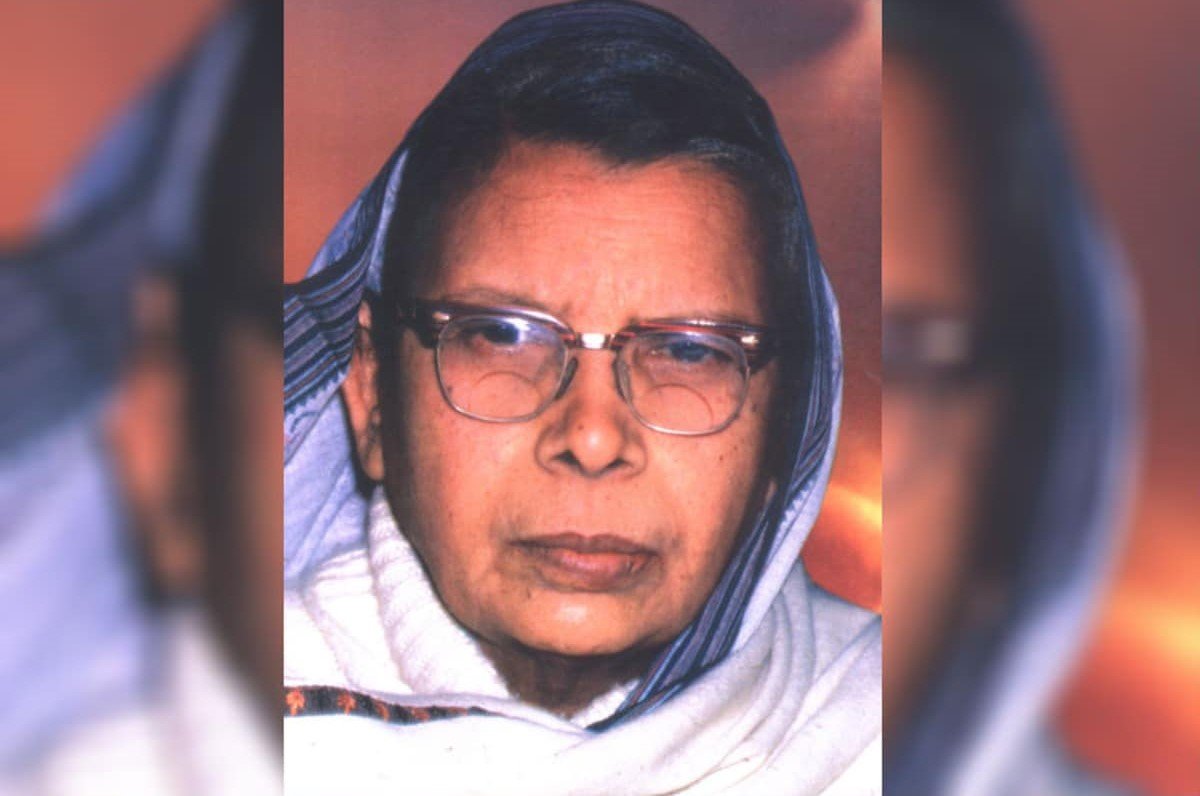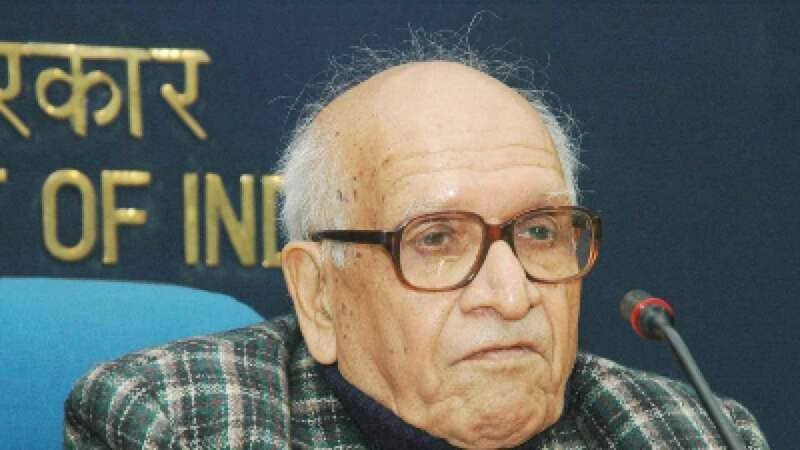
Bipan Chandra: A Life in History.
Bipan Chandra was one of the most eminent historians of modern India. He was a prolific writer, a committed scholar and a passionate advocate of secularism and democracy. He wrote extensively on the social, political and economic history of India and was widely regarded as a leading authority on the subject. In this article, we will look at the life and work of this great historian and explore the impact of his contributions to Indian historiography.
Early Life and Education
Bipan Chandra was born on 27 May 1928 in Kangra, Himachal Pradesh. His father was a civil engineer and his mother was a homemaker. Chandra completed his early education in Punjab and then moved to Delhi to pursue higher education. He obtained his Bachelor’s degree from Forman Christian College, Lahore, and his Master’s degree in History from Delhi University in 1954.
In 1963, he received his PhD from the University of London for his dissertation on “The Rise and Growth of Economic Nationalism in India, 1880-1905”. This was the first of many books that he would write on the economic, social and political history of modern India.
Academic Career
Chandra began his academic career as a lecturer in history at Hindu College, Delhi, in 1958. He later taught at a number of universities including Delhi University, Jawaharlal Nehru University (JNU), and the University of California, Berkeley. He was also a visiting professor at the University of Chicago, the University of California, Los Angeles, and the University of Michigan.
Chandra’s research and writings covered a wide range of topics, from economic history to political theory. His early work focused on economic nationalism and the emergence of the Indian National Congress as a political force. His later work explored the role of communalism in Indian politics, the nature of the Indian state, and the challenges of building a democratic and secular society in India.
Chandra was a founding member of the Centre for Historical Studies at JNU and served as its Director from 1971 to 1975. He was also a member of several academic committees and advisory boards, including the Indian Council of Historical Research (ICHR) and the National Book Trust (NBT).
Publications
As mentioned earlier, Bipan Chandra was a prolific writer and his publications included books, articles and essays on a wide range of topics. His best-known works include:
-
"The Rise and Growth of Economic Nationalism in India, 1880-1905" (1966) - This was Chandra's PhD dissertation, and it explored the origins and development of economic nationalism in India in the late 19th and early 20th centuries.
-
"Nationalism and Colonialism in Modern India" (1979) - This book is considered a seminal work on the subject of Indian nationalism and its relationship with British colonialism. It explores the emergence of Indian nationalism and its subsequent development under British colonial rule. Chandra argues that Indian nationalism was a product of colonialism and that the struggle for independence was a struggle against colonialism and imperialism.
-
"Communalism in Modern India" (1984) - This book explores the rise of communalism in India and its impact on Indian politics and society. Chandra defines communalism as "the belief that religion is the most important aspect of society and that it should be the basis of political organization". He argues that communalism has been a major obstacle to the development of a secular and democratic society in India.
-
"India's Struggle for Independence" (1989) - This book is perhaps Chandra's best-known work. It provides a comprehensive and detailed account of the Indian independence movement and its leaders. Chandra's writing is marked by his deep understanding of the complexities of Indian society and politics, and his ability to synthesize a wide range of sources and perspectives.
-
"The Indian Left: Critical Appraisal" (1993) - This book is a critical examination of the history and role of the Left in India. Chandra argues that the Left in India has often been fragmented and ideologically confused, and has failed to provide a coherent alternative to mainstream political parties.
-
"In the Name of Democracy: JP Movement and the Emergency" (2003) - This book examines the Jayaprakash Narayan (JP) movement and the Emergency in India in the 1970s. Chandra argues that the JP movement, which was a mass protest against corruption and authoritarianism, ultimately failed to achieve its goals, and that the Emergency was a brutal and repressive response to the movement.
-
"India Since Independence" (2008) - This book provides an overview of the political, social and economic history of India since independence in 1947. Chandra covers a wide range of topics, from the Nehruvian era to the liberalization and globalization of the Indian economy in the 1990s.
Impact and Legacy
Bipan Chandra's contributions to Indian historiography were significant and far-reaching. His works challenged conventional narratives of Indian history and provided new insights into the complexities of Indian society and politics. He was a committed advocate of secularism and democracy, and his writings reflected his deep concern for the challenges facing India as a democratic and pluralistic society.
Chandra's impact on the study of Indian history can be seen in the many scholars and students who were inspired by his work. His books continue to be widely read and cited in academic and non-academic circles, and his ideas continue to influence debates on Indian history and politics.
Chandra was also a dedicated teacher and mentor, and his legacy can be seen in the many students and scholars he inspired and mentored over the course of his career. He was deeply committed to the idea of history as a tool for social and political transformation, and his work continues to inspire new generations of historians and activists in India and beyond.
Conclusion
Bipan Chandra was one of the most important historians of modern India.
- Kabir Das: The Mystic Poet and Saint - Exploring the Life, Teachings, and Poetry of Kabir Das
- Chetan Bhagat Biography: Early Life, Career, Controversies, and Personal Life
- Mahadevi Verma: A Tribute to the Iconic Hindi Poet and Feminist
Note: This blog or artical is written on the basis of online research, news paper and AI tools. So, if there is any issue, please mail your feedback.
- Share:
